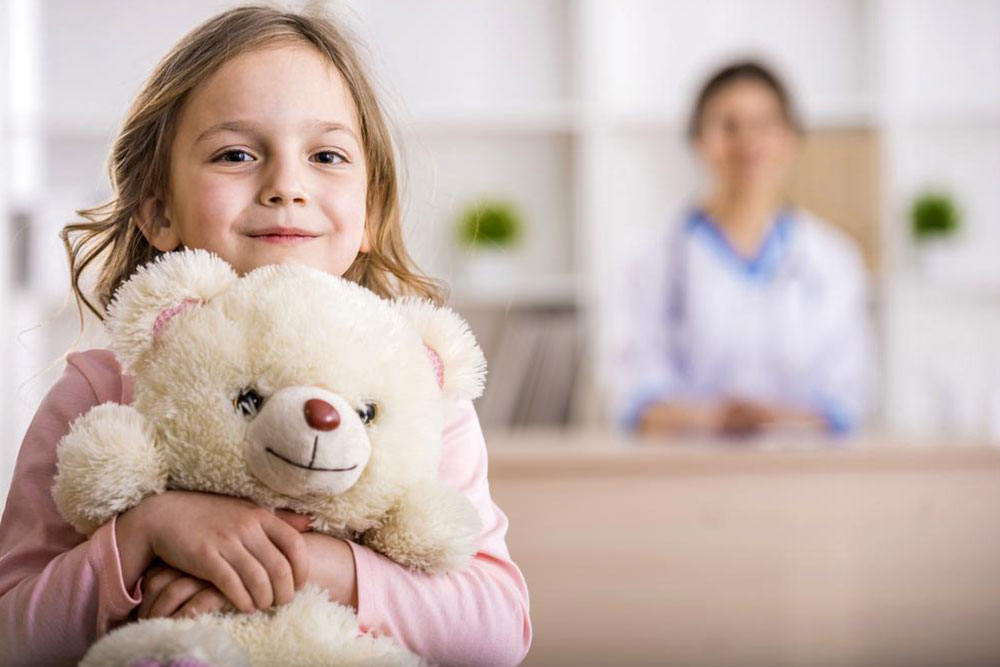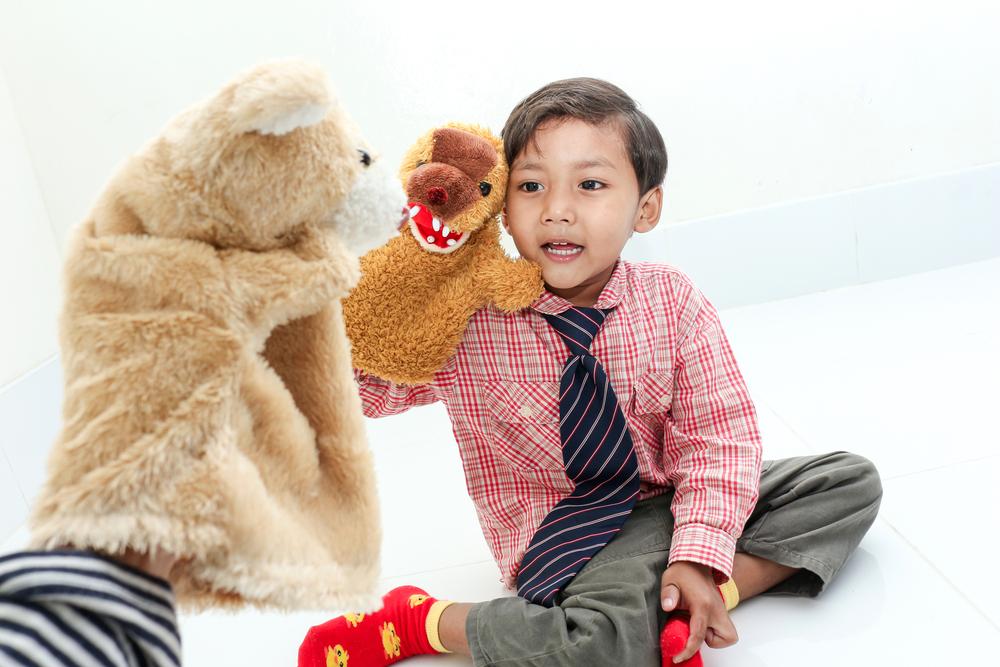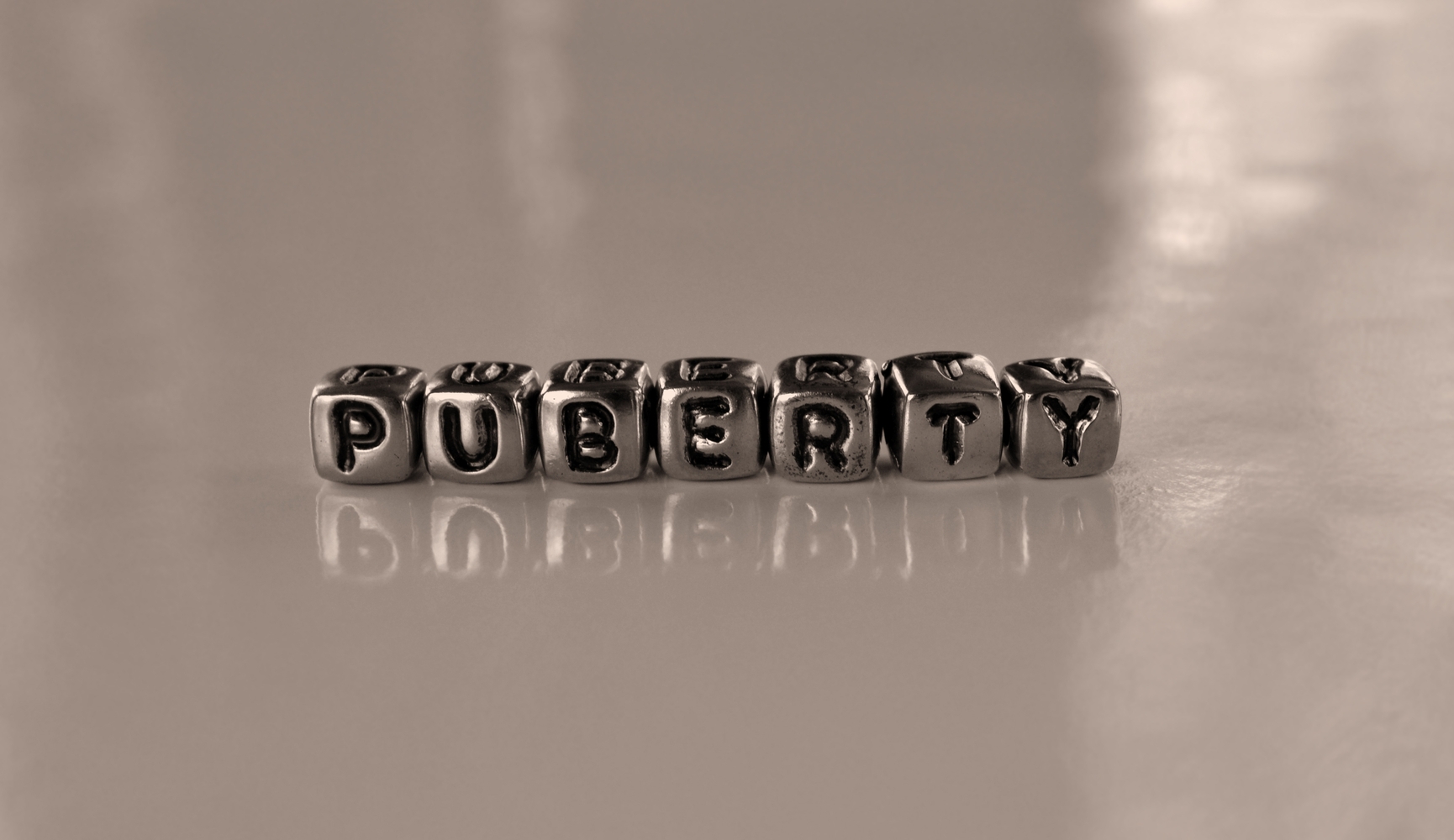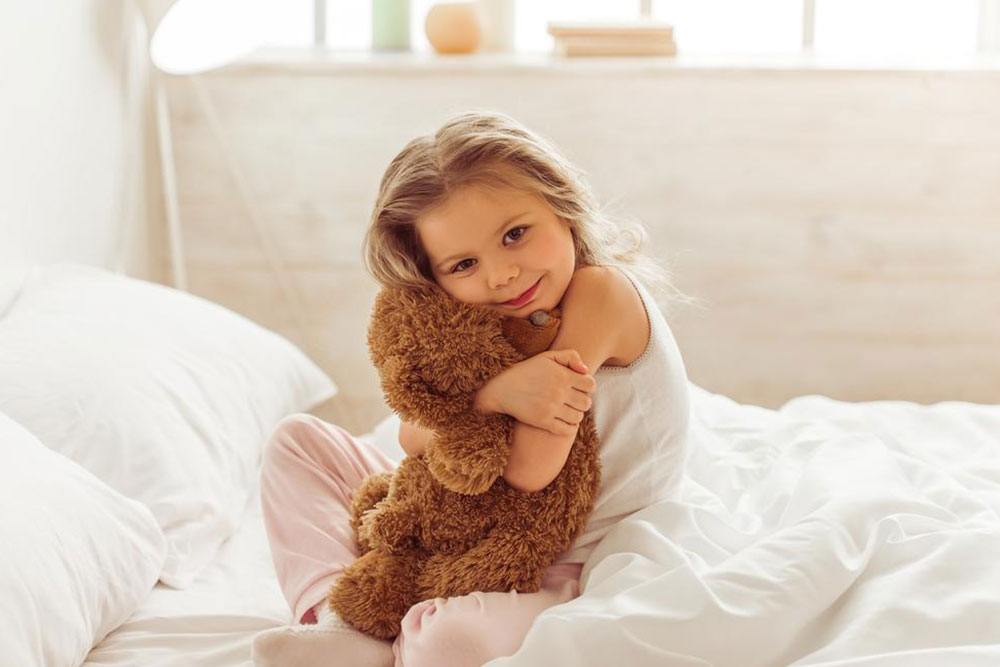The Enduring Appeal of Teddy Bears: Why Children Love These Cuddly Companions
Discover the timeless charm of teddy bears and explore why children develop such strong emotional bonds with these soft, cuddly companions. From providing safety and comfort to serving as emotional anchors, teddy bears play a vital role in childhood development. Learn why these plush friends are more than toys—they're lifelong confidants for children of all ages.

The Enduring Appeal of Teddy Bears: Why Children Love These Cuddly Companions
In the world of childhood toys and gifts, few items hold the sentimental value and universal popularity of the teddy bear. Despite the proliferation of electronic gadgets, action figures, and modern toys, many children instinctively gravitate towards a soft, plush teddy bear for comfort and companionship. These beloved plush friends are found in countless households worldwide, providing more than just entertainment—they fulfill emotional needs that are fundamental to childhood development. Exploring the reasons behind their timeless appeal reveals insights into children's emotional psychology and the importance of comfort objects in early life.
Creating a Sense of Security: Teddy bears serve as a tactile source of safety. Their soft texture and familiar form help children feel protected, especially during times of distress or unfamiliar environments. This sense of security is vital during early childhood, helping children navigate new experiences, separation from parents, or nighttime fears. The comforting presence of a teddy bear mimics the warmth and reassurance they receive from caregivers, creating an emotional safety net that promotes independence and confidence over time.
Studies indicate that children often develop a strong attachment to their teddy bears—sometimes to an extent that surpasses their attachment to other toys or even their parents. This intense bond underscores the psychological comfort a teddy bear provides. When children face unfamiliar or stressful situations, clutching their plush companion helps them regulate emotions and regain a sense of control. This emotional attachment can play a significant role in child development, fostering resilience and emotional stability.
Symbol of Parental Comfort During Absence: When mothers or primary caregivers leave for work or errands, children may experience separation anxiety. Teddy bears serve as a tangible symbol of maternal warmth and comfort. Holding onto their plush friends gives children a sense of ongoing connection with their loved ones, easing feelings of loneliness and separation distress. As a surrogate comforter, teddy bears become essential tools in helping children cope with new or challenging situations.
Human-Like Features and Social Connection: Many teddy bears are designed with facial features, eyes, and expressive smiles that mimic human characteristics. This design makes children perceive their teddy bears not just as toys, but as friends or confidantes. The warmth and softness of the plush bodies invite cuddling and snuggling, fostering a sense of companionship. They provide a non-judgmental and silent presence, capable of responding to a child’s emotional cues through comforting gestures. This human-like quality boosts empathy, nurturing social-emotional skills that are crucial during formative years.
Emotional Support and Stress Management: As emotional beings, children often turn to their teddy bears to manage feelings of stress, fear, or loneliness. Older children may even confide secrets or express feelings to their plush friends, which can cultivate emotional intelligence and self-awareness. Teddy bears act as emotional anchors, helping children process complex feelings and build coping strategies. Their presence can be especially comforting during transitions, such as moving to a new school or dealing with family changes.
A Consistent and Attentive Listener: One of the key reasons teddy bears remain beloved is their role as attentive companions. The friendly appearance and calm demeanor of these plush toys reassure children that they are always available to listen, even if silently. This sense of being heard nurtures children’s social skills, encourages open expression, and reduces social anxiety. By providing a sense of permanence and trust, teddy bears contribute significantly to a child's emotional and social development.
Overall, teddy bears are much more than simple playthings. They are integral to children’s emotional stability, offering comfort, companionship, and security that extends well beyond their soft plush exterior. These timeless toys continue to serve as reliable friends, protectors, and confidants, helping children grow into emotionally resilient individuals.





